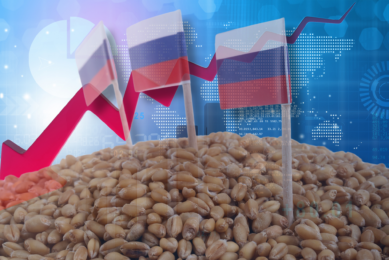Good second quarter for Cargill
Cargill Inc.’s earnings increased 25% in the quarter ending Nov. 30, driven by the company’s investment in fertilizer company Mosaic Co.
The results capped the company’s best year ever, even as farm prices
decreased, along with the global economy, contributing to the most volatile
commodity market in years.
Being the largest private company in the US in
terms of revenue, Cargill has wide-ranging interests, buying and selling wheat
and corn, chartering cargo ships and structuring complex derivative investments
for hedge funds.
This diversity gives the company an unusually detailed
view of the industries it bets on, as well as the ability to trade on its
knowledge in ways few others can match.
Minnetonka-based Cargill posted
net earnings of $1.19 billion for the quarter ended Nov. 30, up from $954
million in the comparable period last year.
However, excluding the
company’s investment in Mosaic’s fertilizer business, Cargill’s earnings were
down slightly.
The privately held firm did not release its second-quarter
revenue figures.
Solid performance
“Cargill performed solidly
in a period like no other,” Chairman and CEO Greg Page said in a
statement.
“The global financial system was under significant stress,
energy and agricultural commodity prices fell sharply, and recessionary risks
took hold in developed economies in a worsening global economic
environment.
“Because of Cargill’s focus on market fundamentals and risk
management, we were able to work our way safely through exceedingly volatile
conditions.”
Cargill’s origination and processing segment and its
industrial segment both saw significant earnings increases in the second
quarter.
The company’s agricultural services, food ingredients and
applications, and risk-management and financial segments all reported
losses.
Looking forward, Page said, “We do not expect Cargill to be
immune from the economic challenges in this environment, but the essential
nature of many of our products and services, the diversity of our businesses and
our financial discipline should lend resilience to our
operations.”











